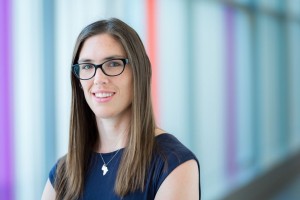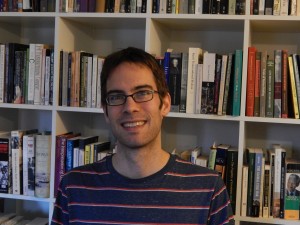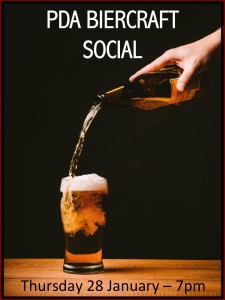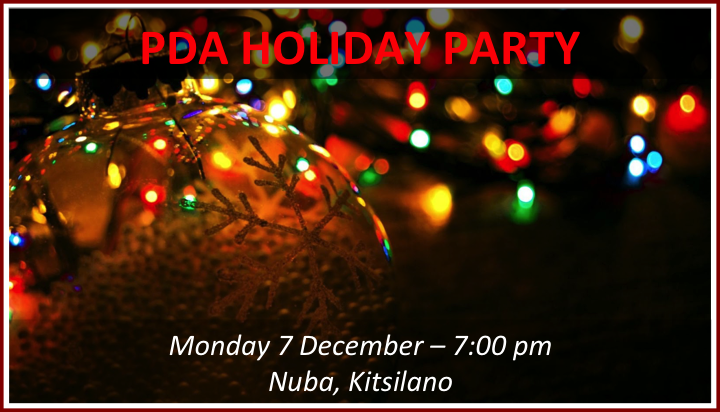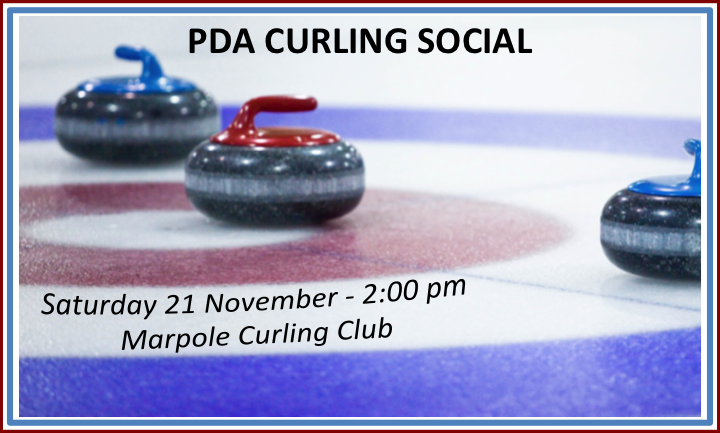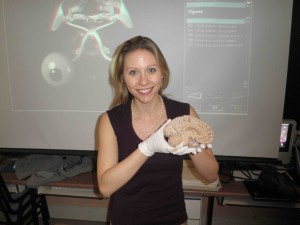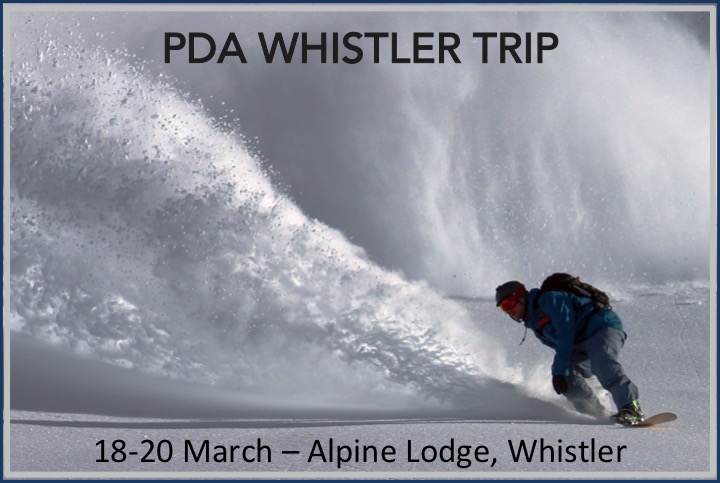
Get away from it all and experience the pristine beauty of Whistler as we head out on our annual PDA Whistler Trip. Join us on the third weekend in March for our some skiing/snowboarding/cross country followed by good fun and company in the evenings at the Alpine Lodge, where we will be staying. Significant others are welcome.
Cost for Friday & Saturday night’s accommodation: $120 per person (includes light breakfast and tax).
RSVP by Tuesday 16 February. We have booked 16 beds, so places will be based on a first come first serve basis and payment is required in order to secure your place. You can pay $120 by email transfer (details for this are in the notification that you will receive after RSVPing) or by contacting us to organize alternate payment. Unfortunately refunds after the 16th of February date will not be possible.
Make sure to RSVP early as spots book up quickly! You can also organize your own accommodation and we’ll let arrange to meet with you so that you don’t miss out on the fun.
Pass and equipment info:
You are responsible for purchasing your ski pass and/or equipment rentals. If you purchase an Edge Card online 48 hours in advance you can save up to $20. A 1-day edge card costs $99 versus $119 for regular window ticket rate. More info here. Discounted ski/snow board rentals are available at the Alpine Lodge. Check out the Whistler Blackcomb site for more information relating to passes, rentals and lessons.
Please contact us if you have any questions.
You can add this event to your Google Calendar by clicking on the button below. Alternatively, you can subscribe to the entire calendar, with all our events, here!

